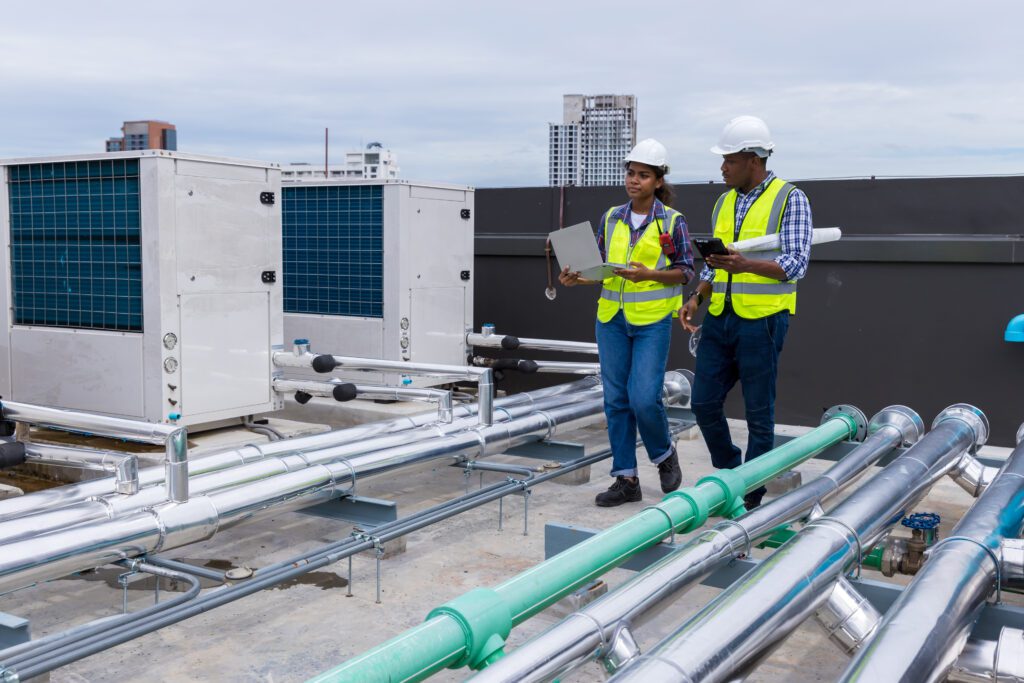Maintaining a comfortable environment in commercial spaces is essential for productivity and client satisfaction. When heating issues arise, timely and effective repairs are crucial. Selecting the right HVAC contractor is a foundational step in ensuring the functionality and efficiency of your heating system. This article outlines critical questions to ask when consulting with HVAC contractors, along with guidance on understanding their responses.
Understanding the Importance of Commercial Heating Repair
Commercial heating systems are vital for maintaining a suitable climate in workplaces, retail spaces, and other commercial environments. A well-functioning heating system not only conserves energy but also enhances employee comfort and productivity. In industries where temperature control is critical, such as food storage or pharmaceuticals, the stakes are even higher. A malfunctioning heating system can lead to spoilage, waste, and even legal ramifications if temperature-sensitive products are compromised.
Beyond comfort, regular heating system maintenance can also prevent costly emergency repairs. A proactive approach to heating repairs leads to prolonged system life and improved operational efficiency, ultimately saving money for the business. Furthermore, businesses that prioritize maintenance often find that their systems operate more quietly and reliably, contributing to a more pleasant working environment.
The Role of HVAC Systems in Commercial Spaces
HVAC systems in commercial settings differ significantly from those in residential spaces. They are generally larger, more complex, and designed to accommodate the specific heating needs of the business environment. These systems must effectively manage large volumes of air while maintaining efficiency. For instance, a high-rise office building may require a sophisticated zoning system to ensure that each floor receives adequate heating without overworking the system.
Additionally, in many commercial spaces, heating systems must work in conjunction with cooling and ventilation systems. This integrated approach requires a comprehensive understanding of each part’s role and function in maintaining the overall comfort of the space. For example, during the winter months, the heating system must not only warm the air but also work in tandem with ventilation to ensure that fresh air is circulated, preventing stale air from accumulating and affecting indoor air quality.
Why Regular Maintenance and Repair is Crucial
Regular maintenance is not merely a suggestion but a necessity for commercial heating systems. By scheduling routine maintenance checks, business owners can identify potential issues before they escalate into serious, costly problems. This proactive strategy can include tasks such as cleaning filters, checking for leaks, and ensuring that all components are functioning correctly. Such diligence can prevent unexpected breakdowns that disrupt business operations and lead to lost revenue.
Moreover, regular maintenance can enhance energy efficiency, significantly reducing utility costs. An efficient system ensures that resources are not wasted on heating, providing substantial savings over time. In fact, many businesses find that investing in regular maintenance can yield a return on investment through lower energy bills and reduced repair costs. Additionally, some energy providers offer incentives for businesses that maintain their HVAC systems, further encouraging a culture of regular upkeep and efficiency in commercial heating operations.
Preparing to Consult with Your HVAC Contractor
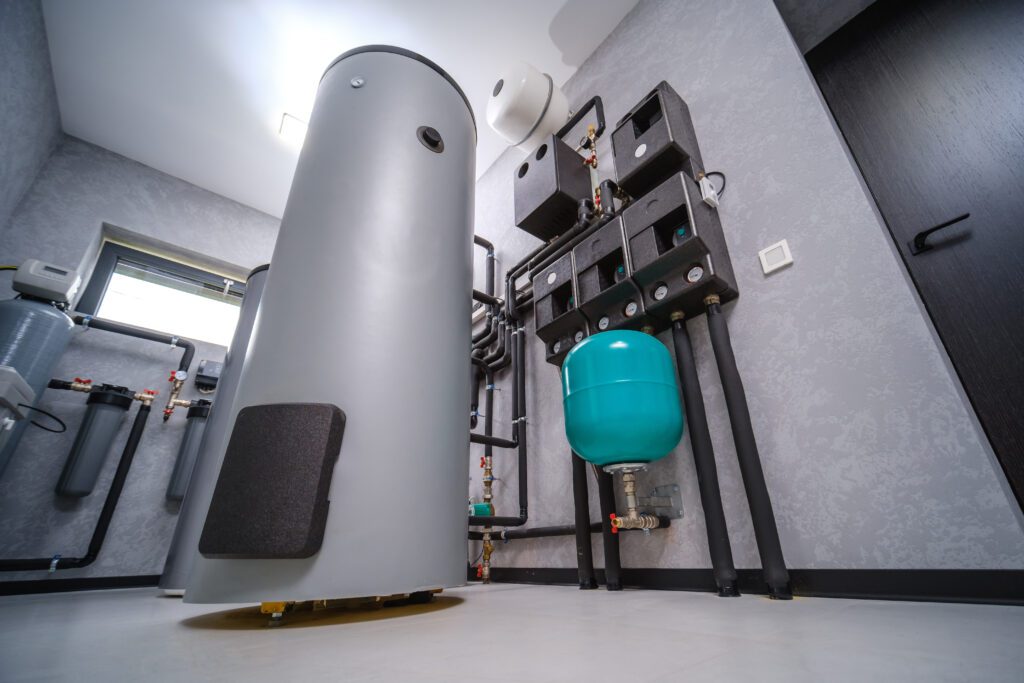
Before consulting a contractor, it’s important to be well-prepared. Gathering relevant information will help you have informed discussions and assess the credibility of the contractor’s advice.
Understanding your current heating system’s specifications and your business’s heating needs can streamline the repair process. This preparation lays the groundwork for effective communication with your HVAC contractor.
Gathering Information About Your Heating System
Knowledge of your heating system’s make, model, and age is pivotal when discussing repairs. This information provides context to the contractor about the system’s capabilities and potential shortcomings.
You should also be aware of the past maintenance and repair history of your heating system. Previous issues can signal ongoing concerns, allowing the contractor to tailor their approach based on known problems. Additionally, having access to any warranties or service agreements can be beneficial, as these documents may cover certain repairs or replacements, potentially saving you money.
Identifying Potential Issues and Concerns
Take time to note any symptoms or issues your heating system may be exhibiting. Common problems include odd noises, fluctuating temperatures, and rising energy bills, as these can indicate underlying systemic issues.
By identifying these concerns beforehand, you can pose specific questions that will lead to a more thorough understanding of your system’s condition and the required repairs. Furthermore, consider the environment in which your heating system operates. Factors such as insulation quality, the layout of your space, and even the age of your building can all influence heating efficiency. Discussing these elements with your contractor can provide insights into whether your current system is adequately meeting your needs or if an upgrade might be in order.
Key Questions to Ask Your HVAC Contractor
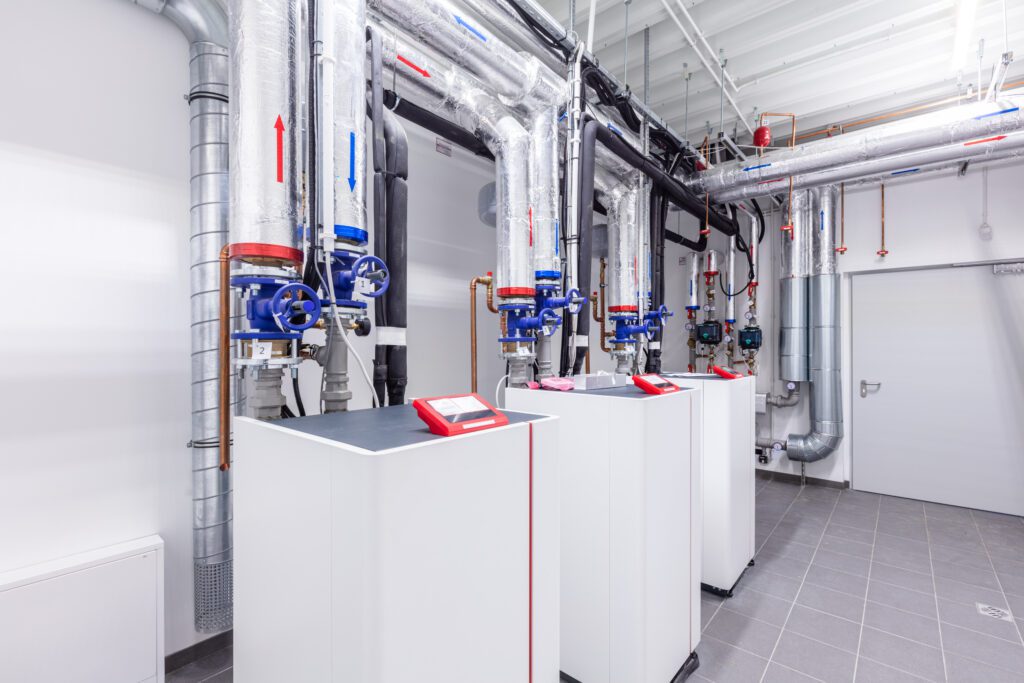
Once you’ve prepared for the consultation, it’s time to engage the contractor with crucial questions. This dialogue is essential for establishing trust and ensuring quality service.
Here are some key areas to cover during your discussion.
Questions About Contractor’s Experience and Credentials
Start by asking about the contractor’s experience in commercial heating systems. Inquire how long they have been in business and whether they have worked with systems similar to yours.
Additionally, request information about any certifications or licenses they possess. A qualified contractor will be willing to share their professional credentials, indicating their capability to handle your commercial heating needs. You might also want to ask for references from previous clients. Speaking to past customers can provide valuable insights into the contractor’s reliability, workmanship, and customer service, helping you make a more informed decision.
Queries Regarding Repair Process and Timeline
An important question you should ask is about the repair process itself. Understanding the steps they will take to diagnose and fix your system allows you to gauge their approach and expertise.
Furthermore, inquire about the expected timeline for the repairs. This knowledge will help you plan for any operational adjustments necessary during the repair phase of your heating system. It’s also wise to ask about the potential for delays and how they handle unforeseen issues. Knowing how a contractor manages unexpected challenges can give you confidence in their problem-solving abilities and commitment to keeping you informed throughout the process.
Inquiries About Cost and Payment Options
Discussing repair costs upfront is key to avoiding unexpected financial burdens. Get an estimate for the repairs and ask how they calculate these costs. Transparency in pricing indicates a reliable contractor.
Additionally, ask about available payment options or financing plans. This information can help you determine how to budget for the repairs without compromising your financial stability. You might also want to explore whether they offer warranties on their work or the parts used. A contractor who stands behind their service with a warranty demonstrates confidence in their workmanship and provides you with peace of mind in case issues arise after the repair is completed.
Interpreting Your Contractor’s Responses
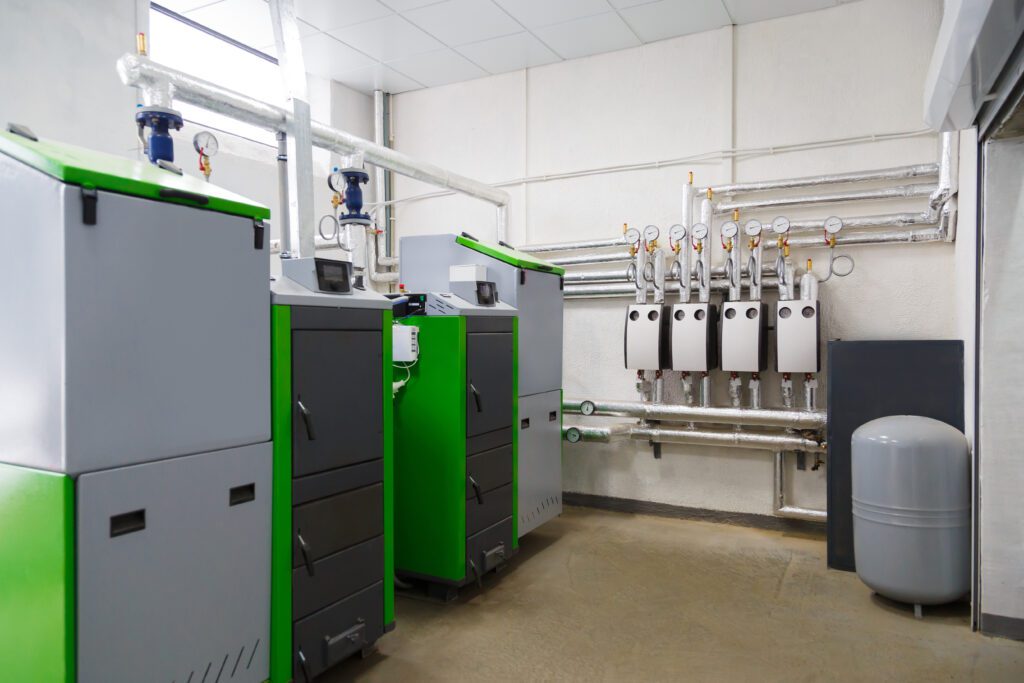
Once you’ve asked your questions, assessing the contractor’s responses is crucial. Evaluating their knowledge, professionalism, and the strategies they propose can help you decide on their suitability for your heating repair needs.
Assessing the Contractor’s Knowledge and Expertise
Pay attention to how confidently and clearly the contractor answers your questions. A knowledgeable contractor will provide detailed explanations and be willing to clarify any uncertainties you may have.
Moreover, their experience and insight can also help you understand if they propose industry-standard practices or if their methods seem outdated or impractical. For instance, inquire about their familiarity with the latest heating technologies and energy-efficient systems. A contractor who is well-versed in modern advancements can not only repair your current system but also suggest upgrades that could save you money in the long run.
Understanding the Proposed Repair Strategy
A comprehensive repair strategy should not only address immediate fixes but also discuss long-term solutions. Understand whether the contractor is proposing a quick fix that may require further repairs soon or a solution that encompasses better system efficiency.
Good contractors will provide maintenance suggestions post-repair to ensure your heating system remains in good shape for longer periods. They might recommend regular check-ups or specific maintenance tasks that you can perform yourself, such as changing filters or cleaning vents. Additionally, a thorough contractor will take the time to explain the importance of these practices in preventing future issues and prolonging the lifespan of your heating system, ultimately leading to a more comfortable and energy-efficient home.
Post-Repair Considerations
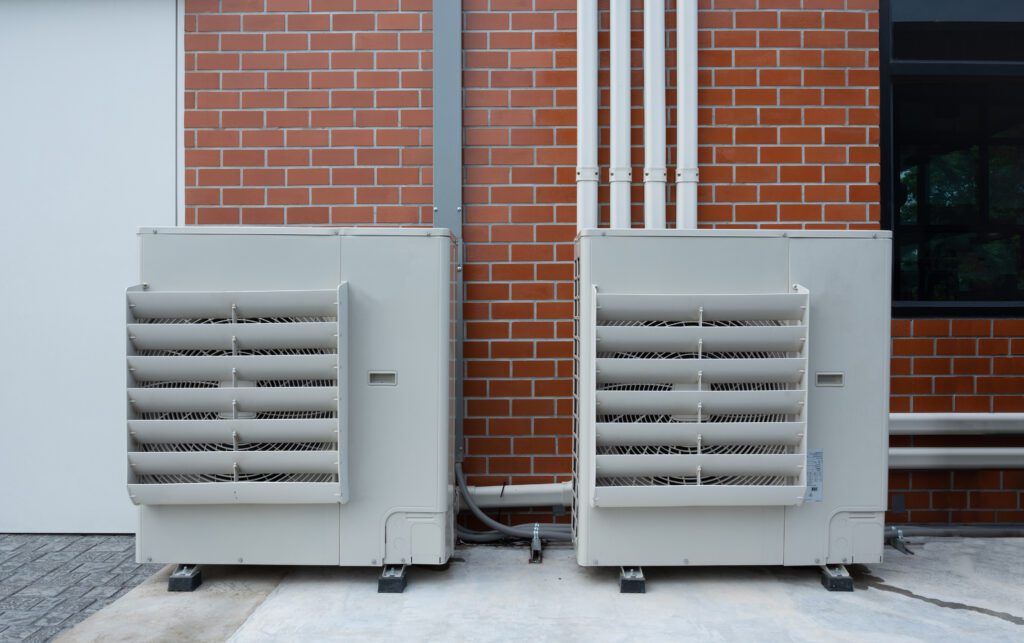
After the initial repair dialogue, it’s equally important to discuss next steps once the repairs are completed. The relationship with your HVAC contractor should foster ongoing communication regarding system upkeep.
Evaluating the Quality of Repair Work
Once repairs are completed, assess the quality of work performed. Look for any immediate issues that may arise and ensure the system is functioning as promised. If the system shows signs of persisting issues, don’t hesitate to reach out to your contractor.
Furthermore, requesting documentation on the repair work performed can help maintain records of your heating system’s service history, which is valuable for future maintenance discussions. This documentation can also serve as a reference point for any warranty claims or insurance matters, providing you with peace of mind that your investment is protected.
Planning for Future Maintenance and Repairs
Taking an approach to future maintenance is invaluable. Discuss with your contractor about establishing a regular maintenance schedule to ensure the sustainability of your heating system and avoid potential issues down the line.
Building a solid relationship with your HVAC contractor can lead to insights on best practices, ensuring your system remains efficient and effective for years to come. Additionally, consider asking your contractor about energy efficiency upgrades that could enhance your system’s performance. These upgrades not only improve comfort but can also lead to significant savings on energy bills, making your home more environmentally friendly.
Moreover, staying informed about seasonal maintenance tasks, such as changing filters or cleaning ducts, can empower you as a homeowner. Regularly scheduled check-ups can catch minor issues before they escalate into costly repairs, ensuring that your heating system operates at peak performance during the colder months. This proactive approach not only extends the lifespan of your HVAC system but also contributes to a healthier indoor environment for you and your family.

